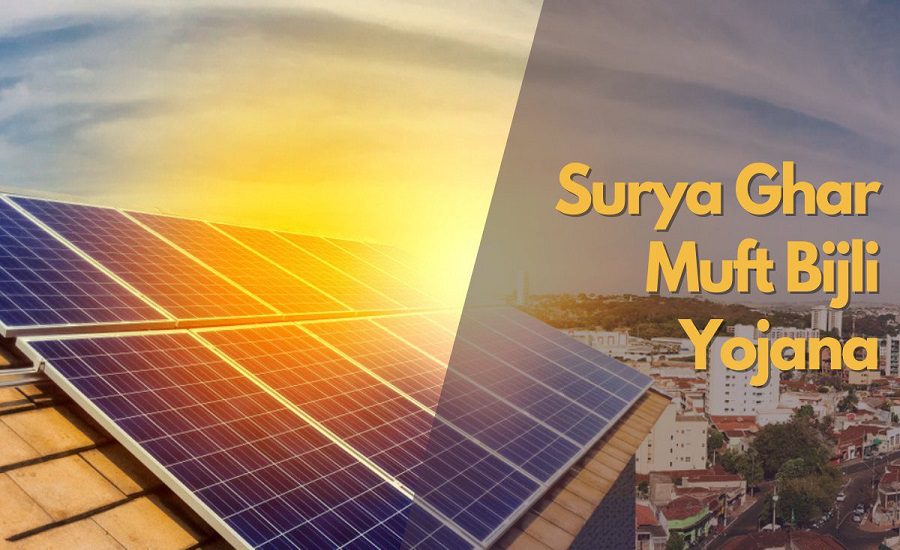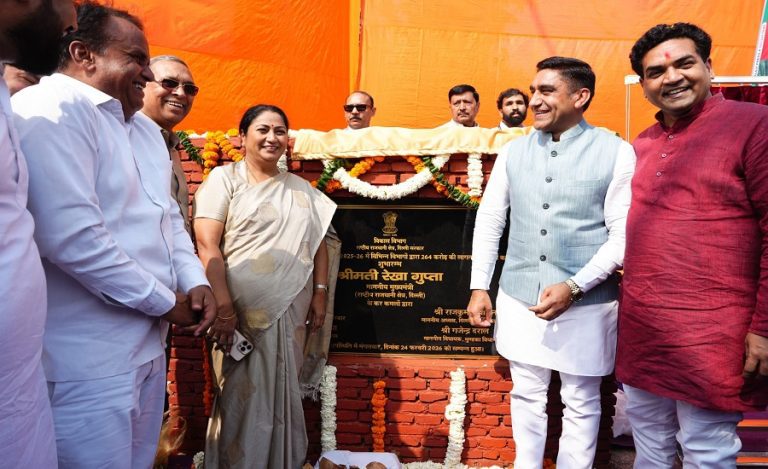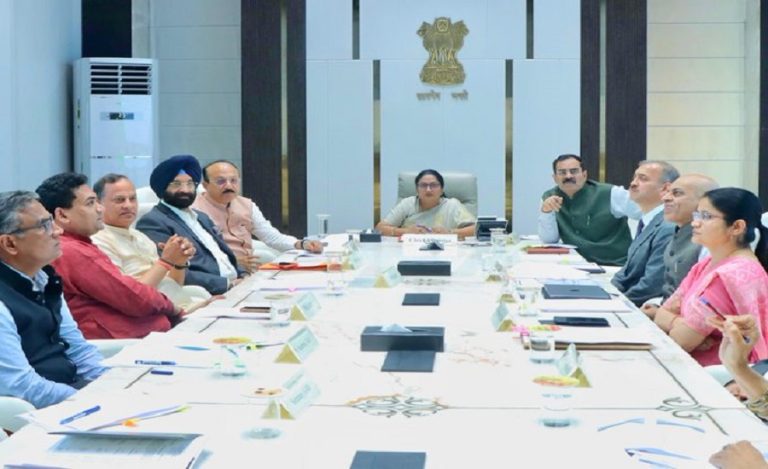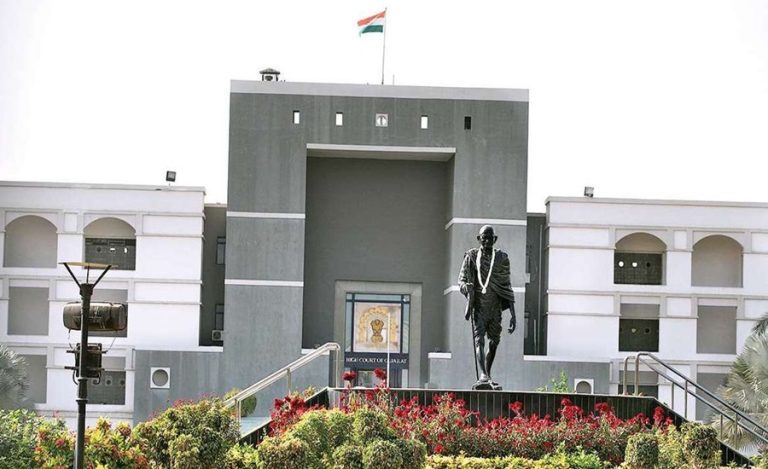New Delhi: India has achieved a major milestone in its clean energy mission with the successful solarisation of 20 lakh households under the PM SuryaGhar Muft Bijli Yojana, Union Minister for New and Renewable Energy Prahlad Joshi announced on Tuesday.
The landmark achievement marks a significant step forward in India’s vision to provide free electricity through rooftop solar installations, while also promoting sustainability, energy independence, and reduced carbon emissions at the grassroots level.
World’s Largest Rooftop Solar Initiative
Launched earlier in 2024, the PM SuryaGhar: Muft Bijli Yojana is touted as the world’s largest domestic rooftop solar programme, with an ambitious target to solarise 1 crore homes by March 2027. The scheme is a cornerstone of India’s energy transformation efforts and is focused on enabling individual households to generate their own clean electricity and reduce dependency on the conventional grid.
Minister Prahlad Joshi Hails Milestone
In a post on social media platform X (formerly Twitter), Union Minister Prahlad Joshi said:
“Under the visionary leadership of Hon’ble PM @narendramodi ji, 20 lakh homes are now solar-powered under the @PMSuryaGhar Muft Bijli Yojana, lighting lives, saving costs, and powering a sustainable future.”
He added that the achievement represents yet another milestone in India’s clean energy revolution, demonstrating the country’s commitment to a greener and more self-reliant energy system.
Benefits for Households and the Nation
The PM SuryaGhar Muft Bijli Yojana is designed to bring multiple benefits to Indian households:
- Free electricity up to a specified monthly limit
- Reduced electricity bills
- Enhanced energy access in rural and semi-urban areas
- Empowerment of citizens to become green energy producers
- Contribution to national climate goals
Through this initiative, households not only save on power costs but also actively participate in India’s climate action strategy by reducing their carbon footprint.
Boost to India’s Clean Energy Targets
The rooftop solar scheme plays a crucial role in India’s broader objective of achieving 500 GW of non-fossil fuel capacity by 2030, as committed under its Nationally Determined Contributions (NDCs) to the Paris Agreement.
With the successful solarisation of 20 lakh homes, India is making tangible progress toward energy democratization—empowering citizens with direct access to renewable energy and significantly reducing transmission losses associated with large-scale power distribution.
Way Forward: 1 Crore Homes by 2027
The government aims to maintain momentum by scaling up implementation and reaching the target of 1 crore solarised homes by March 2027. This will not only strengthen India’s energy security but also create employment opportunities in solar installation, manufacturing, and maintenance across the country.
Read also: SJVN Powers Up 128.88 MW at Bikaner Solar Project, Advancing Renewable Energy Goals in Rajasthan




























